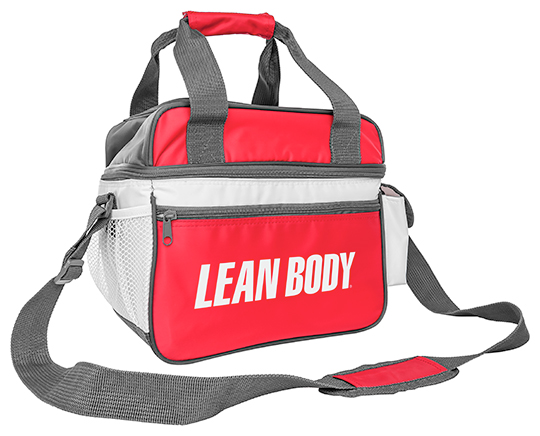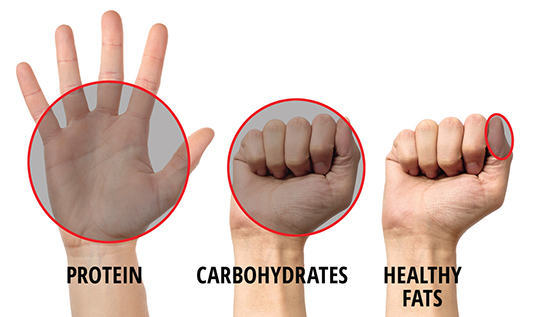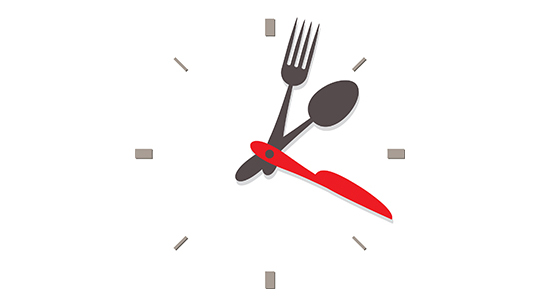





1.
We all prefer to eat foods made from fresh ingredients, but in those times that you can’t prepare your meals immediately, having cooked and frozen meals on hand will prevent slip-ups.
TIP: Use small bags or plastic containers to create individual portions and refrigerate or freeze them. This makes it very easy to grab and go for work or when you’re on the run. It’s smart to invest in a small cooler for easy storage and convenience. It only takes 10–15 minutes to eat. Everyone has a lunch break or a coffee break. With proper planning, “I don’t have time to eat!” should never be an excuse.
2.
This is essential if you’re going to succeed. Take a few minutes the night before to pack what foods you will consume the next day. Keeping a food journal can help make future planning easier, as well as help you stay on track! There are also many free apps that can help you keep track of your food consumption.

3.
Always pack a cooler with food and carry it with you. Some examples of what to pack are: baked fish fillets and baked yams cooked the night before, oatmeal, protein powder, chicken breasts, low-fat cottage cheese, fresh fruit and vegetables.

4.
Familiarize yourself with menus from various restaurants, and try to pick restaurants that serve menu items compatible with the dietary recommendations outlined here. If you have your meal selected before you arrive, no need to look at the rest of the menu. It’s a great way to avoid temptation. Speaking of temptation, say “no thanks” to the chips or bread while you wait. When ordering a salad, ask for low-fat or no-fat dressing and request it ‘on the side’. Another option is to simply request lemons and opt out of dressing all together.

5.
Keeping your body hydrated will help flush out toxins, improve your performance in the gym and suppress your appetite. The average sedentary adult should consume 2.2 to 3.0 liters, about 75–101 ounces. This is approximately 9 to 13 cups per day. An athlete who participates in a workout program should drink about 8 additional ounces per 25 pounds of body weight, or a gallon of water a day (128 ounces).
6.
Without measuring your food, it’s hard to know if you’re eating the same amounts each meal. We often under estimate or overestimate portions.

7.
Although there is no science to prove that eating frequent meals speeds up the metabolism, it does go a long way to help maintain energy. Calories are energy. What you consume will determine the kind of energy you provide your body. Eating every few hours will ensure that you have enough fuel at any given time.

8.
Find a good multi-vitamin—especially for your gender. Essential fatty acids (EFAs) are necessary because we must get them through our diet and that’s not always easy to do on a daily basis. EFAs support hormone health, reduce inflammation and are good for your heart.
